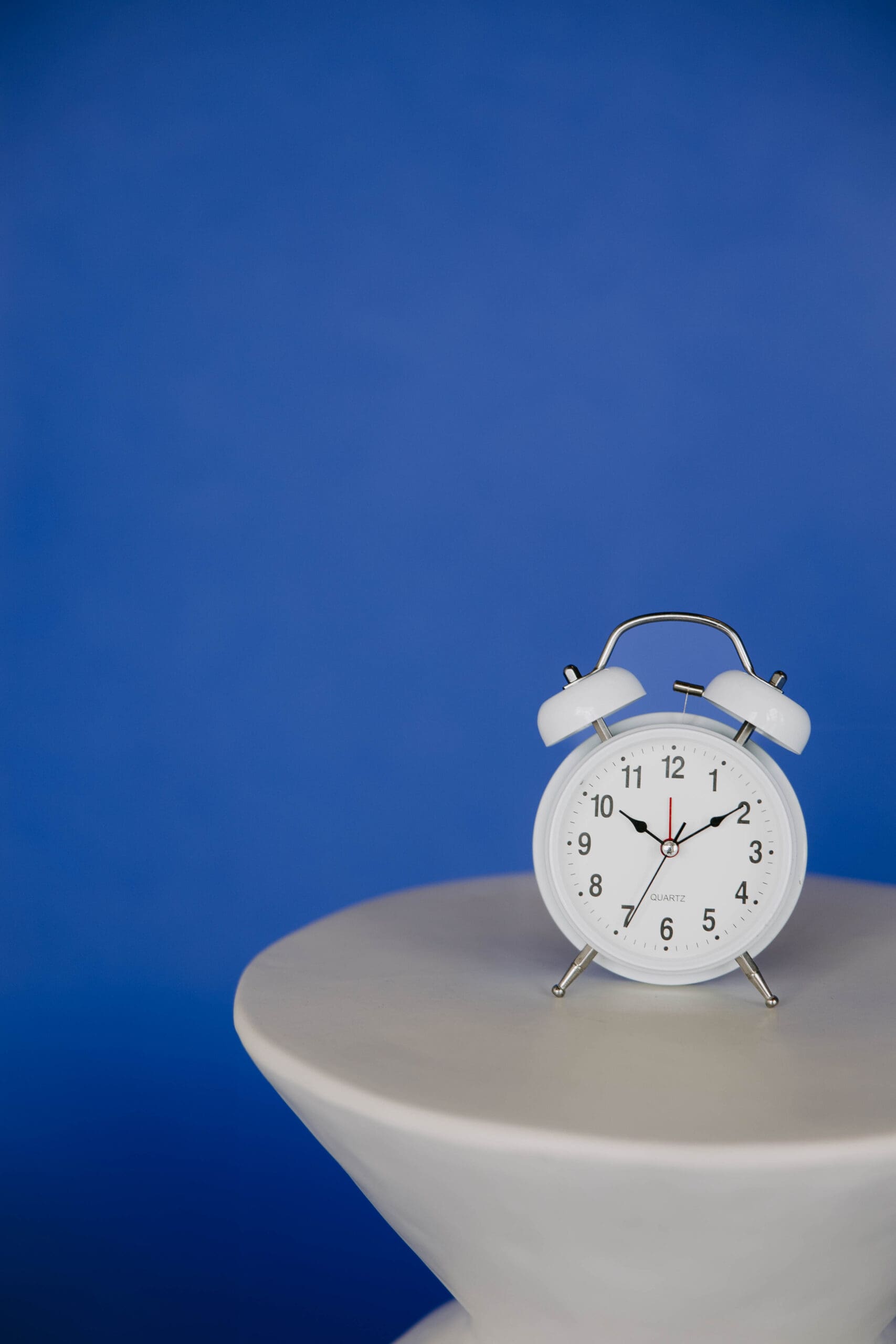I’ve spent most of my life and career believing that going fast was the key to winning.
Speed got me results. It got me recognition. It got me to where I am.
So when I showed up (late, and a little frantic) to my tennis lesson last week, I expected to be pushed—hard, fast, intense. What I didn’t expect was the question my coach asked before I even hit a single ball:
“Do you know what makes the best tennis players the most deadly on the court?”
My competitive brain lit up. Tell me. I want that.
He smiled.
“The ones who are equal parts soft and slow… and hard and fast. So today, we’re working on soft and slow.”
Wait…what? I don’t really do slow. I’ve got well-worn stories about what it means:
- Slow is weak.
- Slow won’t help me win.
- There’s no value in softness.
Those stories were forged through decades as a competitive athlete and twenty-five years in corporate America. But here’s the thing: when I actually practiced what he preached—soft serves, slower groundstrokes, looser grip—something wild happened.
- I went from erratic to consistent.
- From frustrated to confident.
- From scattered to precise.
- From drained to energized.
All because I stopped muscling my way through and started trusting the rhythm of less force, more flow.
This was the tenth time in recent weeks that someone (a friend, a client, my kid) has mirrored back to me some version of the same message:
Slow down. Loosen up. Soften. It’s not a weakness—it’s your next edge.
I’ve been sitting with that—and revisiting The Work of Byron Katie, which challenges you to flip your assumptions on their head. What if the opposite of my old beliefs is just as true?
✅ Slow is strong.
✅ Slow will help me win.
✅ There’s massive value in softness.
Speed will always be part of my game—on the court, in business, in life. But now I’m curious:
– What happens when I stop gripping so tightly?
– What opens up when I take my foot off the gas (even just a little)?
– What shifts when I stop driving so hard and allow more ease?
I have a hunch: it might just feel a whole lot smoother.
